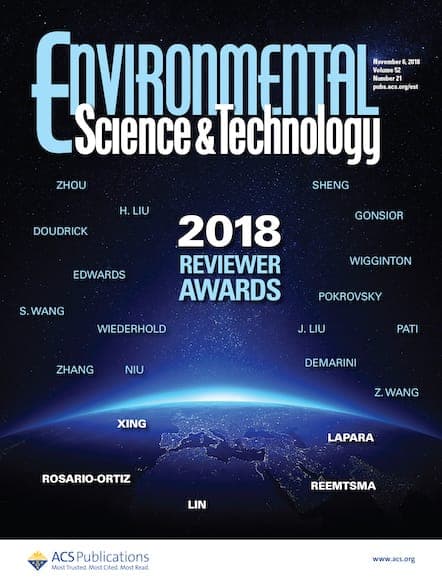Public health, particularly its environmental dimensions, is at the forefront of the public and scientific conscience during the current COVID-19 pandemic. This moment is critical to ensuring preparedness against other public health threats, especially antimicrobial resistance (AMR). The United States Centers for Disease Control and Prevention estimates that the U.S. population is afflicted with 2.8 million […]

Public health, particularly its environmental dimensions, is at the forefront of the public and scientific conscience during the current COVID-19 pandemic. This moment is critical to ensuring preparedness against other public health threats, especially antimicrobial resistance (AMR). The United States Centers for Disease Control and Prevention estimates that the U.S. population is afflicted with 2.8 million antibiotic-resistant infections each year. The O’Neill report, commissioned by the U.K. government, predicts that deaths due to AMR will surpass those due to cancer by 2050.
This Special Issue from Environmental Science & Technology will focus on contributions that advance new knowledge and address key knowledge gaps related to AMR in the environment. The issue will be led by Guest Editor Professor Amy Pruden of the Department of Civil & Environmental Engineering at Virginia Tech.
Relevant topics include:
- Advanced wastewater and water reuse treatment technologies to reduce AMR.
- Treatment of pharmaceutical manufacturing waste.
- Assessment of on-farm strategies to reduce contamination of soil, water, and food products.
- Novel AMR sensors and monitoring technologies and approaches.
- Intersections of water sanitation and hygiene and AMR.
- Assessment of the efficacy of environmentally-focused interventions.
- Exposure and risk modeling of environmental AMR sources.
Relevant papers must demonstrably inform policy and practice in a manner that can help stem the spread of AMR while demonstrating robust experimental design and employing methods for assaying AMR that are comparable across studies.
Author Instructions:
To submit your manuscript, please visit the Environmental Science & Technology website. Please follow the normal procedures for manuscript submission, and when in the ACS Paragon Plus submission site, select the special issue of “Antimicrobial Resistance in the Environment: Informing Policy and Practice to Prevent the Spread.” All manuscripts will undergo rigorous peer review. For additional submission instructions, please see the Environmental Science & Technology Author Guidelines.
